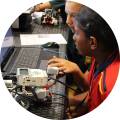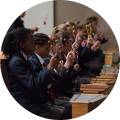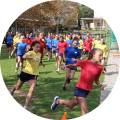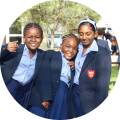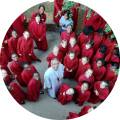Academics
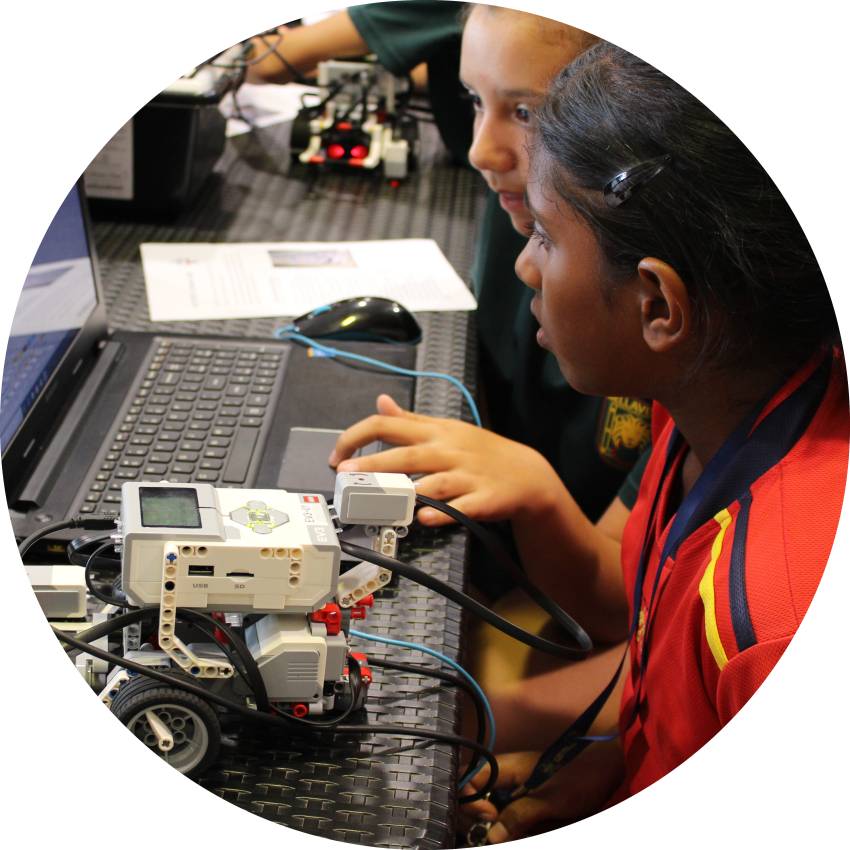
Central to the St Peter’s Mission is the charge to “develop children for senior school and the changing world beyond”.
Along this route in South Africa lies a contradiction: the requirements to pass a matric exam and those required for a university pass.
| Matric | University |
| Narrow Curriculum |
Wide curriculum – high degree of application of knowledge to different circumstances |
| High degree of regurgitation of facts | Higher order thinking required and application of concepts to different situations. |
| In large part, a test of memory |
Analyses and synthesis of knowledge |
| Facts and concepts in the curriculum are accepted and not challenged | Questioning of accepted knowledge |
Preparation for the “changing world” is even more complex/challenging.
New knowledge is produced (every minute of every day) and the fact that the jobs that many of our children will be working at have yet to be invented has resulted in the formulation of a set of skills by eminent academics and institutions deemed necessary to succeed in the 21st Century. The renowned Washington-based research institute, Hanover, has analysed those from the most prominent 7 lists.

In common
- Collaboration and teamwork
- Creativity and imagination
- Critical Thinking
- Problem-solving
In 5 of the 6 major frameworks
- Flexibility and adaptability
- Global and cultural awareness
- Information literacy
- Leadership
Present in 4 of the 6 major frameworks
- Civic literacy & citizenship
- Oral & written communication skills
- Social responsibility and ethics
- Technology literacy
- Initiative
How does St Peter’s meet these challenges?
Not only through an appropriate curriculum but also through methodology which not only develops but also models the required skills.
Relate, create, donate

In the last 20 years, so much research into education, psychology and neurology has taken place, that there is no longer any excuse not to teach in a way that:
- strongly engages all the pupils in the concepts taught and not merely those with the academic edge
- strongly motivates the majority of pupils to focus and fulfill their potential
- teaches children to understand how they learn
- personalises learning to the needs of each individual pupil as far as possible
- encourages collaboration
- improves higher-order thinking ability (analysis and synthesis)
- results in deeper understanding and improved recall

In pursuit of the above, the St Peter’s has developed a unique approach known as the Flexible Learning Programme, including:
- Positive Psychology (Prof Martin Seligman, Pennsylvania University, USA)
- Growth Mindset (Prof Carol Dweck, Stanford University, USA)
- Cognitive Education Programme (Thinking Hats, Thinking Tools – Edward de Bono; Thinking Maps - Dr David Hyerle)
- Self-Operating Learning Environments (SOLES, Prof Sugata Mitra, Newcastle University, UK)
- Inquiry-based Learning (John Dewey; Kate Murdoch).
Benchmarking – we use the following to gauge the success of the St Peter’s academic programme and its pupils:
- IBTs – global, Australian-based tests in English and Mathematics
- The Shared Assessment – ISASA (Independent Schools Association of South Africa) annual assessments in English, Maths and 2nd languages compiled especially for independent schools
- Annual testing of Reading, Spelling and Numeracy ages
- From time to time, various Olympiads e.g. Science
- Partnership with the Education Department of the University of Johannesburg
- The number of our pupils accepted to their 1st choice senior schools (St Peter’s College, St John’s, Roedean, St Stithian’s, Michaelhouse, Hilton, St Mary’s, Pretoria Boys, Kearsney, KES, St Andrew’s, DSG, St Anne’s, St Alban’s et al)
- The number of scholarships won by St Peter’s pupils.
*Resources: Hanover Research (Analysis of 6 Major Educational Frameworks); Partnership for 21st Century Skills; Tony Wagner, 7 Survival Skills; The Metiri Groups enGauge Framework; Iowa Core Century Skills; The Connecticut State Department of Education; Assessment and Teaching of 21st Century Skills (ATC21S)
- Home
- Senior prep
- Academics
